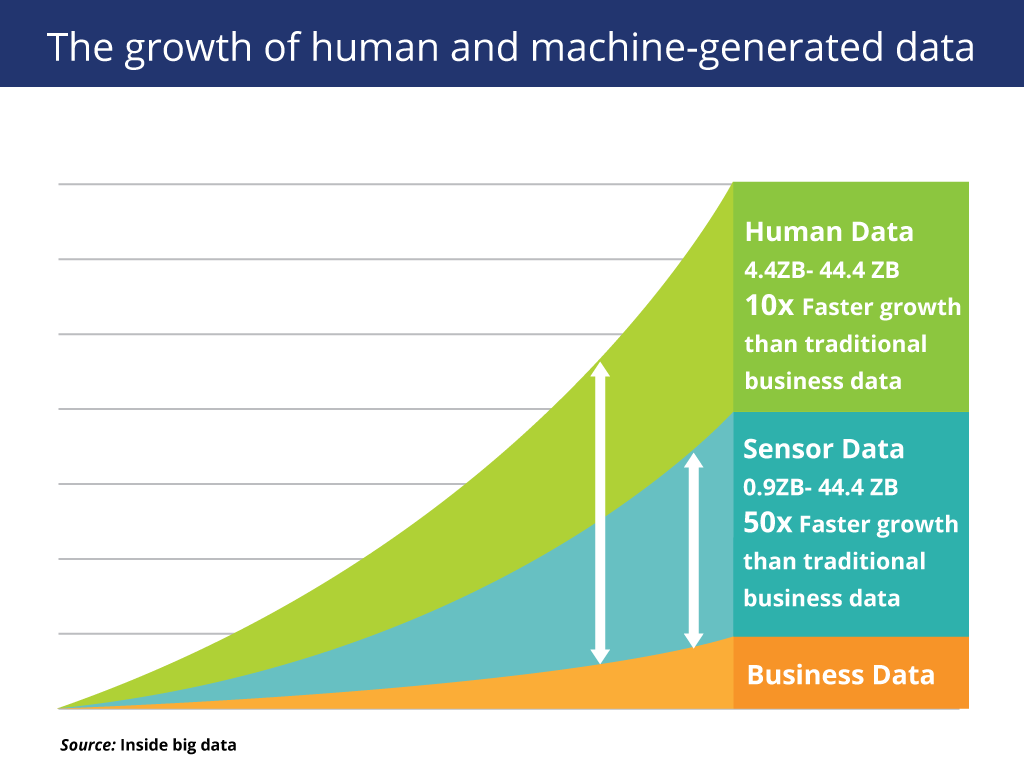If you haven’t watched it yet, it’s probably on your radar, or will be after you finish this reading.
Back in July 2019, the astounding Netflix documentary 'The Great Hack' became an instant hit, and for good reason. The Facebook and Cambridge Analytica scandal has resurfaced in media headlines, raising new questions about the ways that companies use data, consumers release data, and the power of micro-targeting, influence, and consent.
We at Empirical watched the documentary and kept our #slack channels busy with discussion about the revelations.
Here are 5 relevant lessons we found from “The Great Hack”:

David Carroll. Source: Netflix via Radio Times
1. Power is (slowly) coming to the people
More and more people are becoming interested in data privacy than ever before. It figures: Headlines have been getting plagued with data scandals for the last couple of years. This list of the most infamous data breaches from Techworld exemplifies how great this problem has become.
Companies such as Google and Facebook have received greater scrutiny for what they do know and don’t know about the ways that third-party sources are using data from their platforms to shape advertising, messaging and news messages (both real and ‘fake’).
The prevalence of technology has allowed companies to use more sophisticated ways to collect, store and protect our data, focusing more on privacy than they used to. Now more than ever, companies are providing users with more options to control what data they are giving them.
Growing consumer concern, coupled with increased media attention, means that consumers are looking for new ways to understand how their data is being used to influence what they see, share and what they are shown across the social media landscape. Policies such as GDPR allow for greater data transparency. We can expect to see increased consumer awareness and a demand for transparency as movements such as #ownmydata gain traction in the US.
2. Data as a commodity is here to stay
Big data has become a commodity to many companies across different industries. Helping them better target their customers, optimizing business processes, and even improving security and law enforcement in some countries. The change is more than just tangible, since data analytics allows not only Netflix to recommend you series that may interest you, but it can also help people make better decisions when searching for health insurance, as an example.
New solutions often come with new problems. Regulating big data is more difficult that it seems just by its own concept. Much has been collected for decades through lengthy ‘Terms & Conditions’ statements, seemingly innocent opt-ins, and the marriage of psycho-social research with corporate interests, as Cambridge Analytica demonstrated. Tracking cookies, tracking pixels and the sophisticated systems that drive e-commerce and internet marketing have led to the rise of Big Data as an industry. Consumer behavior can be dissected, categorized and shaped in highly sophisticated ways by businesses of any size. The collection of unstructured data has been woven into the fabric of our digital lives; it is unlikely that it will be removed.
3. Data is a very valuable asset.
As the big data market grows, so does its value. The more information gets collected, analyzed and used, the more powerful it becomes. And this is only the beginning.

The rise of consumer data has led to a rise in the tools used to manage, monitor and target consumer behavior. Sophisticated CRMs, cloud computing systems, and data visualization tools deliver consumer insights, merge them with business insights, and allow for data modeling like never before. As time passes, these systems become more feature-rich and accessible to people and organizations to use them, opening the big data market a bit more every day. The demand for data scientists is growing exponentially, and it’s predicted to keep growing even more as the big data workload increases. Businesses without big data analytics may often find themselves at a competitive disadvantage.
4. With big data comes great responsibility.
It isn’t just a matter of keeping hackers away when it comes to data protection. It is also the brand’s ethical approach to consumers’ data. The amount of private information that they have in their hands gives companies the power to use it or misuse it, and consumers are the ones who need to judge them heavily and put the limits.
As this Forbes article states: “It’s important to recognize that just because you can do something with data and analytics, does not mean you should.” Doing the right things is what enhances brands’ trust. Securing consumer data, ensuring data privacy and engaging in in-person and digital conversations with those who engage with your company will help build trust in the ways that you and your team use data to make decisions and target consumers.
5. Be proactive about data privacy
Privacy and trust should be the main focus of every organization. Every data breach that has happened should be used as a matter of study, so we can learn from them and prevent them from happening again. Just as organizations consider customer data as a valuable asset, they should protect it as such.
Strong privacy policy, multiple layers of security and educated employees are just some of the most important steps you need to take to keep data safe. Small Business Trends’ 10 Tips to Protect Your Business and Customers on Data Privacy Day' is a good reading for you if you want to push on a privacy-focused approach for your company.
Consumers have granted permission for countless organizations to view their data, sometimes with limited understanding of how it would be used. We are well into the era of big data and are entering the beginning of the data transparency era. Organizations that are proactive in their transparency will do well to earn consumer trust and a reputation as ethical data stewards.
Want a PDF version of this blog post? Click here to download it.

